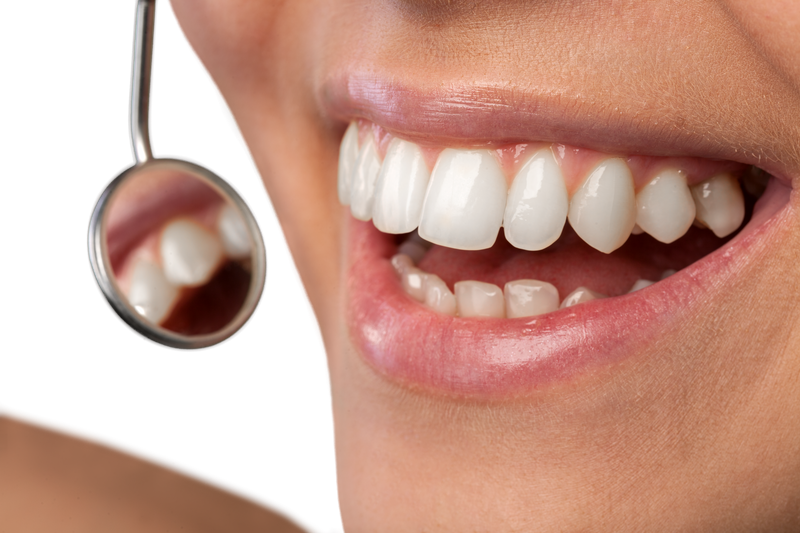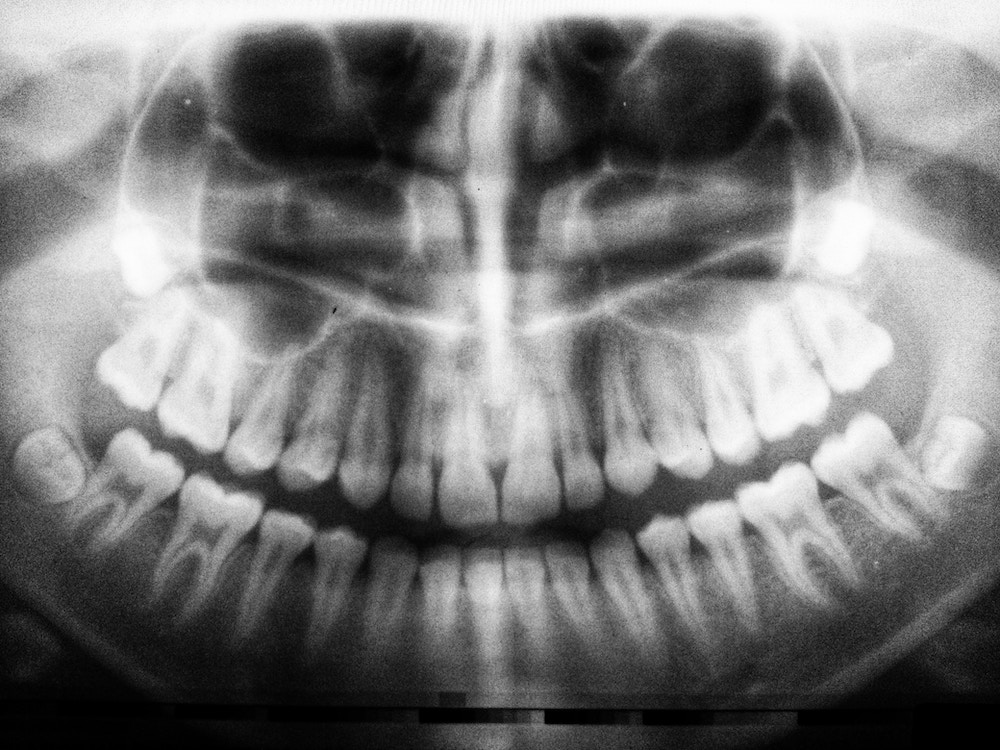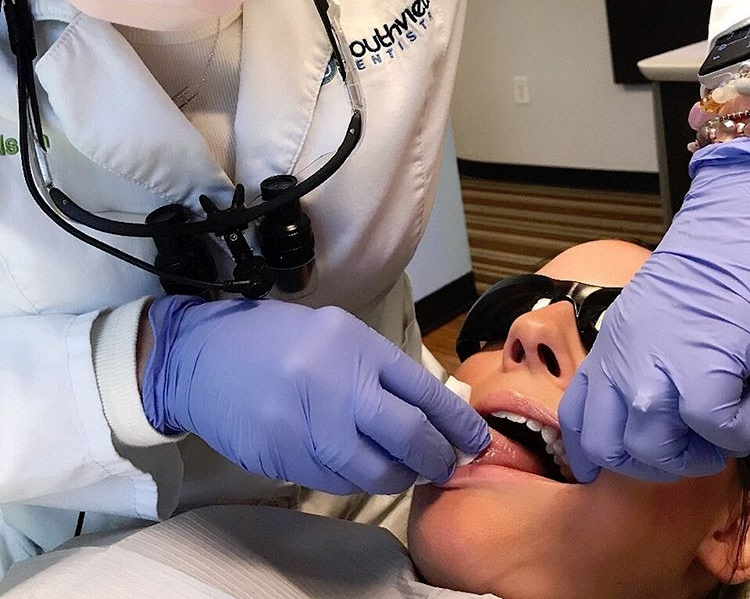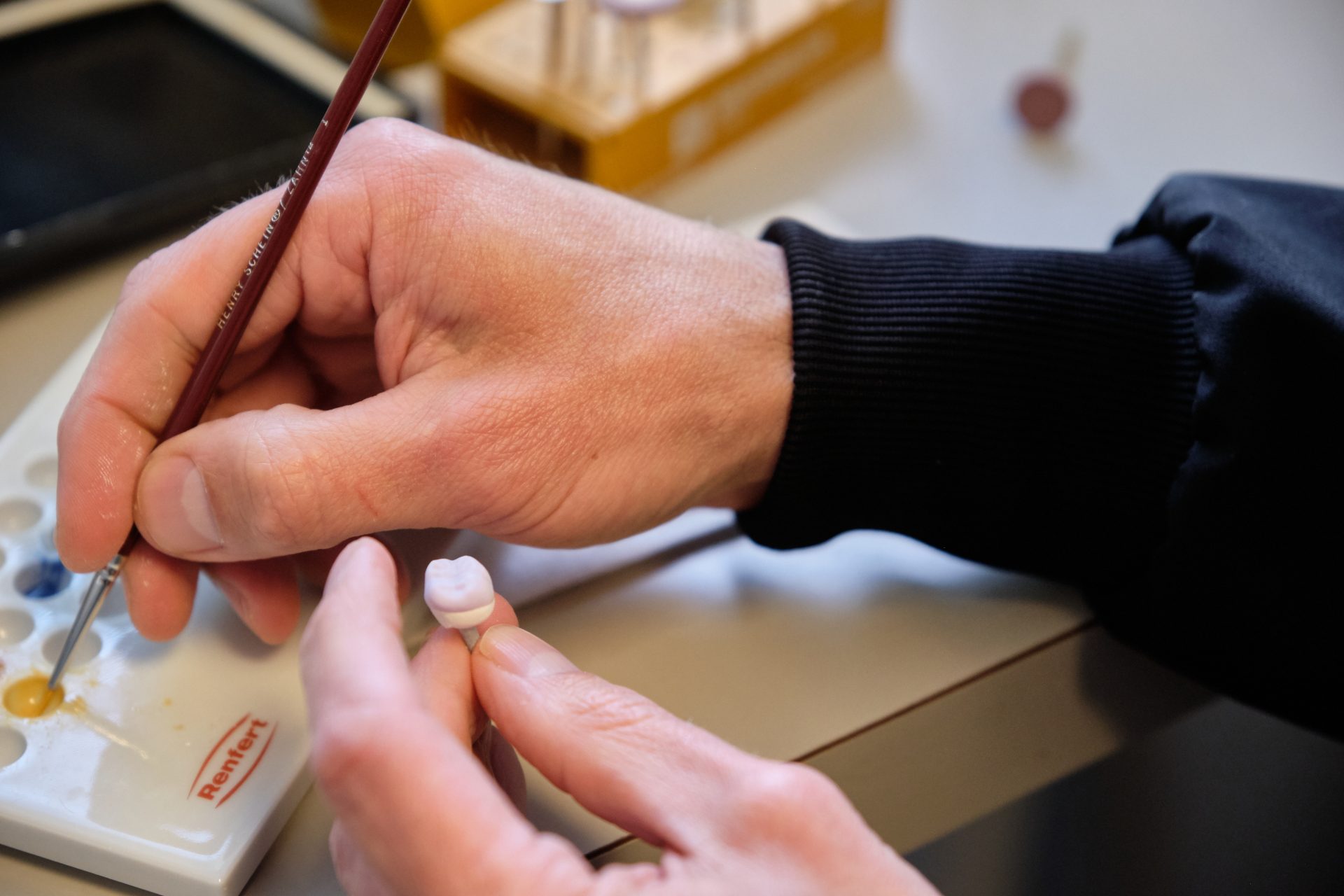
Just Have Your Wisdom Teeth Pulled? Learn About Dry Socket Prevention
March 8, 2019
Are Dental X-Rays Safe?
April 15, 2019Early detection and diagnosis lead to early treatment. For most conditions, including head and neck cancer, early treatment is more likely to be successful. Oral cancer screening only takes a few minutes and it just may save a life. Your dentist is your first line of defense against oral cancers.
April is Oral Cancer Awareness Month, so we published this post to educate our patients on the importance of oral cancer screenings. This post isn’t intended to serve as a replacement for medical care. We hope the information empowers you to seek appropriate screening and care for yourself and for your family.
According to the American Cancer Society, in 2019 around 53,000 people will be diagnosed with oral cavity or oropharyngeal cancer. The oropharyngeal is a medical term referring to the middle throat area. These cancers may appear in any of the following areas (and possibly others):
- The tongue
- Soft tissues like the gums, the floor of the mouth, or any other area of the mouth
- The tonsils or throat (oropharynx)
- The lips
- Salivary glands
Head, neck, and mouth cancers are complicated and varied. The American Cancer Society states Oral cavity and oropharyngeal cancer linked to human papillomavirus (HPV) is on the rise. Fortunately, the death rate is decreasing for these types of cancer. Oral cancer screening, diagnosis, and early treatment likely contribute to the improved survival rate.
As with any condition, it helps to be aware of the risk factors. Keep in mind that sometimes diseases appear among people who do not appear to have associated risk factors, but awareness of your risk may keep you alert or even inspire healthy lifestyle changes that may minimize the risk.
Risk Factors for Oral Cancer
There are many risk factors associated with oral cancer which include but are not limited to:
- Smoking and the use of tobacco products including oral tobacco or “chew.”
- Alcohol consumption, the risk is highest among heavier drinkers especially those who also use tobacco products.
- Chewing betel quid or chew betel mixed with tobacco.
- Human papillomavirus (HPV) infection.
- Being male, this cancer affects both genders but males are the majority of people diagnosed with oral cancer.
- Oral cancer is most common in people older than 55 years old.
- Poor nutrition most notably a lack of fruit and vegetable consumption.
- A weakened immune system especially from other conditions including AIDS.
- Genetics and family history.
- There may also be a link to poor oral hygiene.
- There may be a link to constant or frequent trauma like chewing on the tongue or cheek.
Some of these risk factors are lifestyle choices within your control, while others are not. For example, quitting tobacco use, limiting or quitting alcohol use, and eating more fresh produce are healthy habits for everyone and these habits reduce oral cancer risk.
If you have concerns or any of the risk factors, be sure to discuss this with both your physician and your dentist. Due to the complexities of oral cancers, screening may require a team approach. Oral cancer screening is always an essential part of preventing or fighting oral cancer.
What is an Oral Cancer Screening?
At Southview Dentistry, we take oral cancer awareness is factored into every dental exam. You will have the exam completed twice, once by the hygienist and then again by the dentist, during your cleaning appointments. Your dentist will visually examine your mouth including your tongue, cheek, and gums for possible signs of oral cancer. The dentist and hygienist will also use gloved hands to manually examine your neck and face for lumps or swelling. Sometimes routine dental x-rays also highlight potential concerns that may lead to further screening, so be sure to stay current on your dental x-rays.
Your physician may also feel your neck and face areas for swollen glands during any examinations. In some cases, your dentist or physician may refer you to a specialist who does more sophisticated diagnostic tests including imaging or biopsies.
Be sure to inform your physician or your dentist if you have any of the potential symptoms of oral cancers or the risk factors.
Potential symptoms of oral cancers include:
-
- A mouth sore that doesn’t heal normally.
- Trouble swallowing or chewing.
- Persistent pain in the mouth.
- A sore throat that doesn’t go away.
- A white or red patch on the gums, tongue, tonsil, or lining of the mouth.
- A lump or thickening in the cheek or neck.
- Trouble moving the jaw normally.
- Numbness in the throat or somewhere in the mouth.
- A sore throat or a feeling that something is caught in the throat that doesn’t go away.
- Vocal changes.
- Persistent bad breath.
- Loose teeth, pain, change in the fit of dentures or dental appliances.
- Unexplained sometimes dramatic weight loss.
The previous list comes from the American Cancer Society. Their general guideline is to see a doctor if you have those symptoms persisting over two weeks. An examination should help the doctor identify the cause and prescribe treatment or refer you to a head and neck cancer specialist for comprehensive testing. Keep in mind the list of symptoms doesn’t cover every possible symptom since cancer is complicated. This is why oral cancer screening is so essential especially if any of the risk factors apply to you.
Oral Cancer Awareness and Your Health
A simple two-minute exam from your dentist promotes oral cancer awareness and just may save a life! Be sure to stay current with your recommended dental examination schedule. Depending on your specific needs, the suggested frequency may vary. If you live in the Charlotte area and need a dentist, contact Southview Dentistry today. We have proudly served Charlotte residents since 2009.




